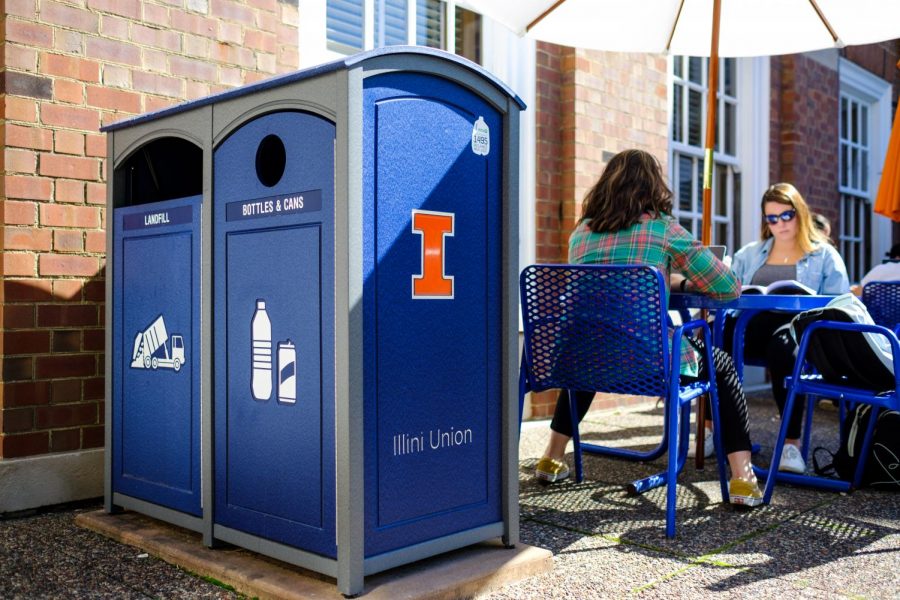2019 Recycling Summary
Global recycling of material has been widespread throughout the world for many years as an option for source reduction, excess waste generation and materials diversion from landfills. According to recyclingtoday.com, 2019 has been a challenge for the recycling materials market as it adjusted to tightened Chinese import restrictions and U.S-China trade war issues as well as a softened domestic market that affected commodities pricing.
Going into the New Year, recyclers don’t predict any significant market changes for the first half of 2020.
Saying Goodbye to a Difficult Year-2019 has challenged the resolve of many recyclers.
https://www.recyclingtoday.com/article/2019-scrap-market-review/2019-scrap-market-review/

